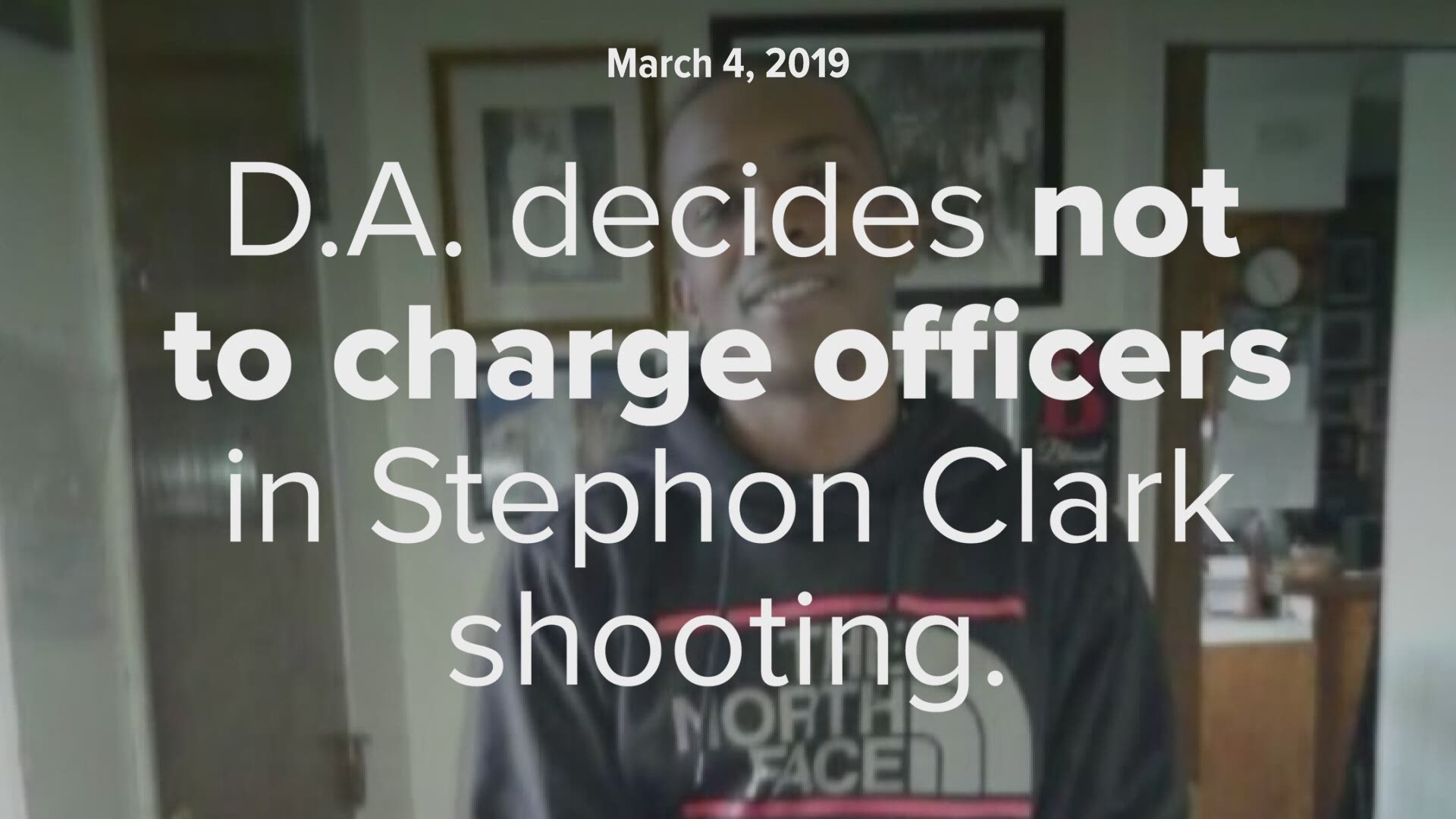LOS ANGELES — Juan Corona, who gained the nickname "The Machete Murderer" for hacking to death dozens of migrant farm laborers in California in the early 1970s, has died. He was 85.
Corona died Monday at an undisclosed hospital, Vicky Waters of the state Department of Corrections and Rehabilitation reported. He had been serving a life sentence in state prison.
A labor contractor who hired thousands of fruit and vegetable workers for Northern California farmers, Corona killed 25 of them, according to authorities who arrested him in 1971.
The bodies were buried in shallow graves on farms and orchards along the Feather River north of Sacramento. Most had been brutally hacked to death and dismembered, possibly with a machete or meat cleaver. One was shot in the head.
"It was a gruesome manner of killing. He hacked these people to death," Sutter County District Attorney Amanda Hopper told The Associated Press after attending the last of Corona's eight unsuccessful parole hearings in 2016.
He was arrested after a peach farmer who had contracted with him for hired pickers became suspicious upon finding a hole that had been freshly dug, then filled in. Authorities found the body of a man whose head had been cleaved open and his torso riddled with stab wounds.
Nine more bodies were recovered in another orchard five days later, along with receipts made out to Corona, who was immediately arrested.
When authorities searched his truck and house they found a machete, axe, meat cleaver and post-hole digger among other items. They also recovered a ledger containing the names of dozens of laborers Corona had found jobs for, including eight of the victims.
He was convicted of 25 counts of murder in 1973, the most until John Wayne Gacy of Chicago was convicted of 33 in 1980.
An appeals court overturned Corona's conviction in 1978, ruling he had received incompetent representation from his attorney who called no rebuttal witnesses to the state's 119 prosecution witnesses.
He remained incarcerated while he went on trial again, this time with a new attorney who argued it was actually Corona's late brother who, driven by rage, committed the murders.
Corona was again convicted on all 25 counts.
The evidence presented at his trials was circumstantial and why Corona committed the killings has remained largely a mystery.
He testified at his second trial, denying he killed anyone, but prosecutors said he admitted the crimes at a 2011 parole hearing, adding that they were justified because the victims were "winos" who had trespassed.
At his final parole hearing in 2016 Corona said he couldn't recall killing anyone.
Juan Corona was born in the Mexican state of Jalisco on Feb. 7, 1934, and followed his older brothers to the United States in 1950 to pick crops in California.
According to an academic study by Virginia's Radford University that was titled "The Machete Murderer," Corona originally crossed the border illegally, but after returning to Mexico some years later he came back in 1956 with a green card and remained as a legal resident.
Family members and others said he was traumatized by a deadly flood that struck Northern California in the mid-1950s. Soon after he reported seeing the ghosts of those killed. He was committed to an Auburn, California, mental hospital where he would undergo numerous shock treatments.
By the mid-1960s he had become a successful labor contractor, but complained to friends and acquaintances that he often still felt unwell.
Corona was divorced while in prison and information on survivors was not immediately available.
________________________________________________________________
Linda O’Dell was 22 years old, at the time, on May 14, 1977 when she was sexually assaulted by the East Area Rapist who broke into her and her husband's home.

